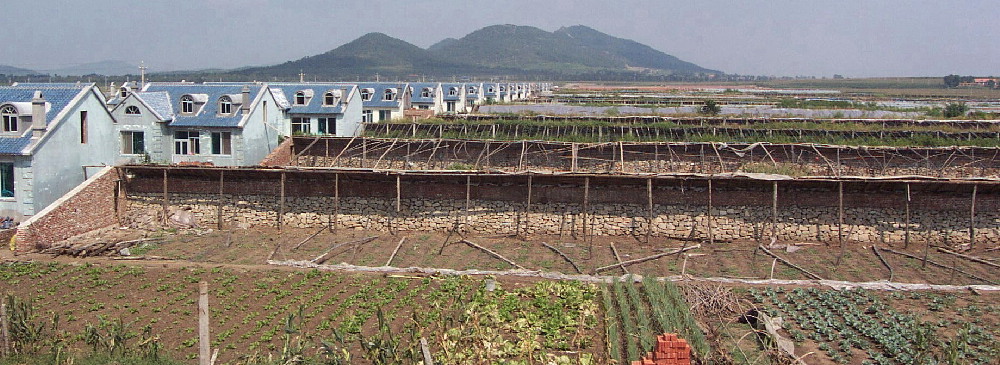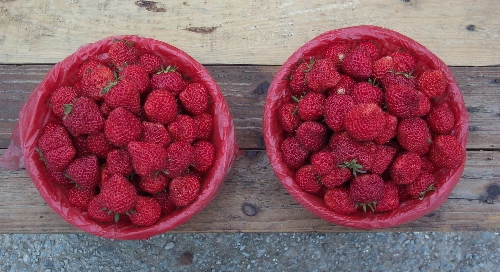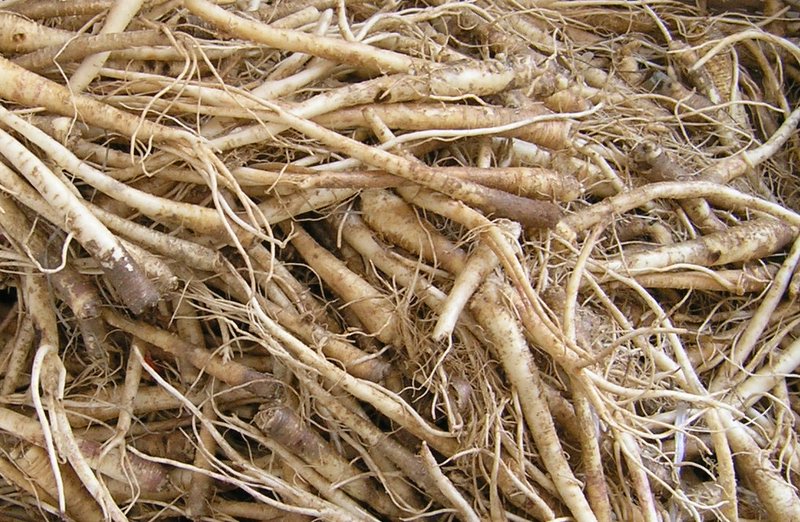
|
|
|
| Sustainable Agriculture and Industrial Ecology | |
|
|
|
|
|
|
|
What industrial sectors have strong self-interest in furthering the transition to sustainable agriculture? How can owners of farm land best preserve the long-term value of their assets? How will investors in agribusiness cover the risks of a transition to new, sustainable farming practices? How will we balance public R & D funding between high tech and ecologically-based solutions? What
mode of research will be be
adequate for validating
sustainable farming practices, given their systems
how will the public
sector define an appropriate
role and limits to the use of genetically modified organisms, given the
huge capital investments in this area? How will we preserve and restore the viability of rural communities and family farming? Indigo's concept of agro-eco-industrial parks is an integrated approach to answering many of these questions. See summary below and links to more extensive discussion. Why
"industrial" ecology for
sustainable agriculture?
|
Constraints on increasing food and fiber productionDesigning strategies to break through the following complex set of limits demands the sort of multidisciplinary systems approach that industrial ecology offers. Major tracts of new land are not available for new agricultural uses.
There is increasing competition for land and water between:
Climate change is likely to have major impacts on agriculture productivity. Floods, droughts, and storms in recent years may indicate the process has already started.
|
Sustainable Farming
There are many definitions of sustainable agriculture, organic farming, and ecological farming. (An internet search on “sustainable agriculture” returned 600,000 hits!) It is helpful to start with an ideal approach called ecological farming, since the ideal is being realized on many profitable farms across North America and Europe. Its characteristics include:
1. The farmer understands the land as a living system in which s/he acts to support a dynamic balance among the plants, animals, insects, soil, and water.
2. Labor and knowledge are the intensive inputs.
3. Animal and plant production is integrated and synergistic.
4. Farm plant and animal residues and by-products are recycled, on the farm whenever possible.
5. Farming maintains biodiversity and soil health through polyculture, crop rotation, cover crops, and appropriate application of compost and organic fertilizer.
6. Diversified cropping, windbreaks, hedgerows, and vegetation at field margins contribute to improved and varied wildlife habitat, including encouragement of beneficial predator insects.
7. Pests and weeds are controlled through the whole pattern of farming, with little or no application of chemical pesticides or herbicides. Similarly, animal health is maintained through avoiding large concentrations and with minimal use of antibiotics.
8. Energy consumption is much lower at all stages of the production cycle and uses renewable sources wherever possible.
9. Farm equipment is relatively lightweight with low energy demand and impact on soils.
This partial list of agro-ecological practices goes beyond most standards for organic farming but points toward a broader understanding of what is required for truly sustainable agriculture. The essentials are seeing one’s farmland as a living system embedded in a broader ecosystem and understanding how to manage all farm practices on the basis of this holistic perception.
This way of seeing naturally leads to involvement of sustainable farmers in village and regional programs for water management, watershed conservation, rebuilding soil quality, ecosystem restoration, and reforestation. Best farming practices on any one farm contribute directly to the success of such area-wide programs. Sustainable farmers have an understanding needed in the programs' management, as well as a very large stake in achieving their goals of a healthy and clean environment. One role of an agro-eco-industrial park is giving sustainable farmers effective channels for playing this regional role.
Indigo's Concept of an Agro-Eco-Industrial Park
The purpose of an agro-eco-park is to provide a base for companies and service organizations that support rural populations in achieving a transition to fully sustainable and organic farming and to develop revenues above the poverty level. Indigo is collaborating with the Environmental Education Media Project Center in Beijing and the International Center for Sustainable development to seek sites for an agro-eco-industrial park in China. Chapter six of the EIP Handbook includes a summary of the basic concept.
The park will be developed and operated as a public private partnership, including Chinese and international partners. It will be home to food processing and distribution companies, equipment manufacturers, energy generators and manufacturers using rural and urban biomass discards, an organic agriculture training and research center, and a demonstration farm.
The agro-eco-industrial park will provide a home base for food processing and value added production companies, marketing cooperatives, a sustainable agriculture training center, and a demonstration farm. Through this AEIP infrastructure, poor farmers would learn farming practices to improve the value of their output and gain marketing channels to domestic and international markets. Through the training and research programs the eco-industrial park would coordinate with regional watershed and land use management, ecological restoration, soil restoration, and economic development programs.
See the white paper outlining the concept for this AEIP in China. The section on AEIPs from the EIP Handbook is also available.
"Nutrient
management" is the subject of this report Indigo prepared for the
CRESTech Center in Ontario, Canada. More bluntly, the question is, how
can large amounts of farm manure be managed so as to reduce negative
impacts on water, land, and air? Rather than taking a narrow technical
approach, the authors, Ivan Weber and Ernest Lowe, researched farm
practices and business models for enabling successful utilization of
manure, as well as the technologies themselves. In order to gain the
necessary economic support for effective manure management, they argue
that the inevitable transition to sustainable farming is the
appropriate context. See the report's executive summary and
download the report files.
Home | return
to
top menu
Model organic farming village,
Palundian town, Liaoning Province, China
Greenhouses feed heat to the homes during winter

|
|
|
|
Contact Us
| Copyright © 2005 Indigo Development | Last Updated: February
2005
|

